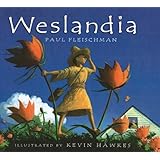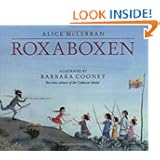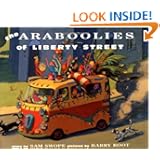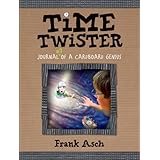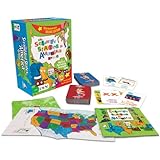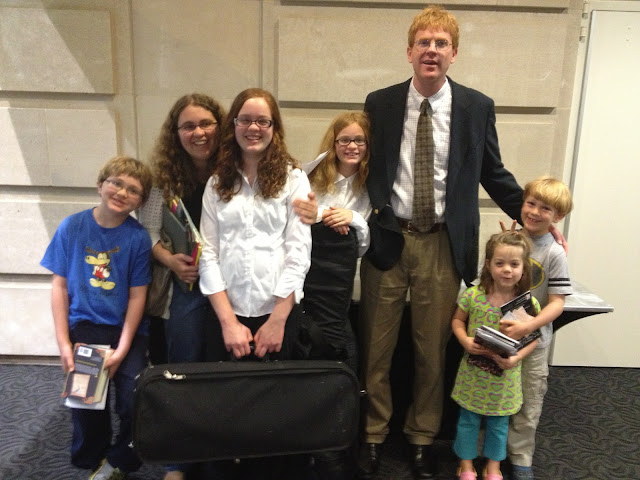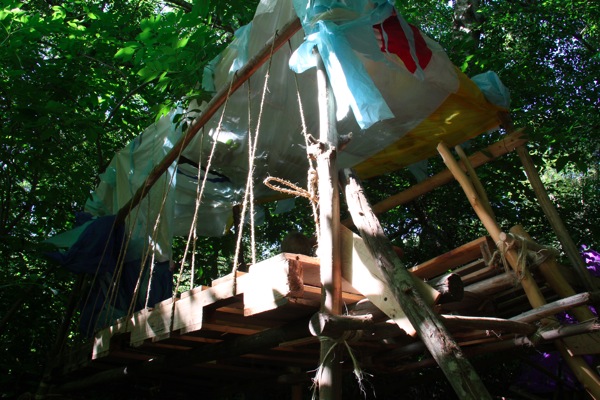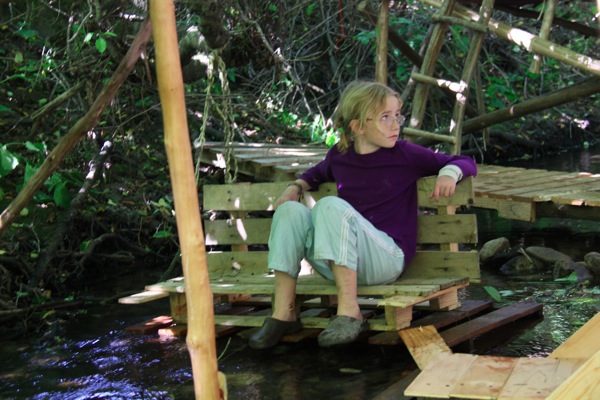And this time I had my baby plants to worry about. Some I had just planted had to be ripped from the ground as they were drowning in too-soft dirt and water. Their roots just weren't secure enough to manage. The more established plants were mostly fine, but we lost a lot of strong, beautiful stems with plenty of buds about to open and quite a few were nearly flat to the ground.
We mourned a little around here. My kids LOVE running outside every morning to see what is blooming. When a new flower has appeared in their area, the kids very much take ownership it. When a really cool flower has appeared, shouts are heard and everyone comes running to see.
The destruction of parts of these plants taught me something. My desire to hold onto the fruits of my labors is pretty futile. I can't control the world. If a hurricane comes through here, which of course it could, I will likely lose everything and have to start all over again.
Now, this does not mean I should give up. I love gardening and would willingly, but mournfully, start over again if such a thing happened. Plus, I believe in being a good neighbor and trying to keep my front yard lovely.
But the backyard is perhaps a different story. At least in part.
When I was growing up, I had a field right next to my house to play in. It was a small field, though at the time it seemed huge. There was a broken down workshop full of jagged glass and rusted nails. I played in it constantly. My imagination ran wild. It was a piece of land I could manipulate however I chose without consequences, and the imaginary worlds I created for myself lasted for months and months if not years.
A space like that does not exist in our house, and as messy as my house is, my tolerance for forts rarely lasts beyond a day. I'm always making my kids clean up, tear-down, and put away.
Our kids need a space they can manipulate however they like to feed their imaginations. They need to have spaces to create that don't have to be taken down right away. I wonder how much of this need goes ignored by the adults of this world. We all have our manicured lawns. Our nice swingsets. Our trampolines with giant safety nets. Sometimes there are flowers and gardens. There are patios and decks and barbecues.
But is there a spot in these yards where kids can drag out cardboard boxes, firewood, plastic tubs, ancient pillows, tires, rusted pots, old bricks, and the list goes on?
I'm thinking about this because Sam and I have grand plans right now for our backyard. We want to do the work ourselves over time, and I'm positive when we're through, we are going to have a hard time letting the kids continue with creations such as this:
and this:
But when I step back and analyze the situation... this person:
And this person:
are far more important than the fancy stone patio I have in my head. I'm hopeful we can find the way to combine the two, a space where imagination can happen and a space where we can have our barbecues and family nights under the stars (with no mosquitoes!!!!). We shall see, we shall see. But I refuse to have appearances trump the real, imaginative needs of my kids.
Here are some books that celebrate this kind of destructive, yet so important, imagination.
The classic of all classic backyard destruction stories:
Weslandia by Paul Fleischman
A reminder of what true play should look like:
Roxaboxen by Alice McLerran
A reminder to grown-ups about how foolish keeping up with the Jones's is:
The Big Orange Splot by Daniel Pinkwater
A mirror for the world:
The Araboolies of Liberty Street by Sam Swope
The following books are great for any kid who loves to build anything.
Star Jumper: Journal of a Cardboard Genius by Frank Asch
Gravity Buster: Journal 2 of a Cardboard Genius by Frank Asch
Time Twister: Journal 3 of a Cardboard Genius by Frank Asch
Happy Summer. Happy Building. Have fun trashing your yard!




